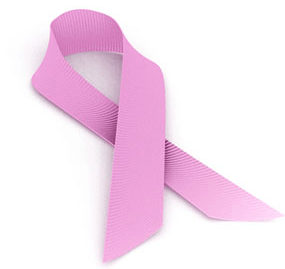Cancer cases surge in the Kumasi metropolis
 Cancer cases is reported to be on the surge in the Kumasi Metropolis, something that has become a huge health concern and giving care providers sleepless nights.
Cancer cases is reported to be on the surge in the Kumasi Metropolis, something that has become a huge health concern and giving care providers sleepless nights.
Dr. Baffour Awuah, a Consultant Radiation Oncologist at the Komfo Anokye Teaching Hospital (KATH), mentioned breast, cervical, liver and prostate cancers as dominating the cases reported to the facilities.
He indicated that 739 cases were seen in year 2016, compared with the 2015 figure of 736. That of 2014 was 552, with the number of cases in 2013 totaling 274 and 2012 recording 265 cases.
Dr. Awuah gave the figures at the launch of the ‘Kumasi City Cancer Project’ and said 64 per cent of the patients was women.
He added that they had also been seeing kidney cancer and leukemia among children.
The ‘Kumasi City Cancer Project’, is the brainchild of the Union for International Cancer Control (UICC) – an international body of health experts fighting against cancer.
Kumasi has become the first city in Africa to be made part of the initiative and the expectation is that this would lead to increased access to quality cancer care and treatment.
UICC would be providing technical and financial assistance to the Metropolitan Assembly to tackle the cancers.
Dr. Awuah said the goal was to reduce the disease by 25 per cent within the next seven years through a multi-sectoral approach.
Cancer, he noted, was one of the world’s most pressing health concerns, killing in excess of eight million people every year, more than HIV/AIDS, malaria and tuberculosis combined.
He pointed out that the disease had been costing the global economy an estimated US$1.6 trillion annually, a figure projected to increase substantially if action was not taken to reduce the cases.
Otumfuo Osei Tutu II, Asantehene, in a message delivered on his behalf, described the project as timely and a right step, considering the cancer fatalities and great financial cost to families and the nation.
Mr. Osei Assibey Antwi, the Metropolitan Chief Executive (MCE), expressed optimism that the project would help to create more awareness about the disease to help people to report early to the facilities for treatment.
Source: GNA
